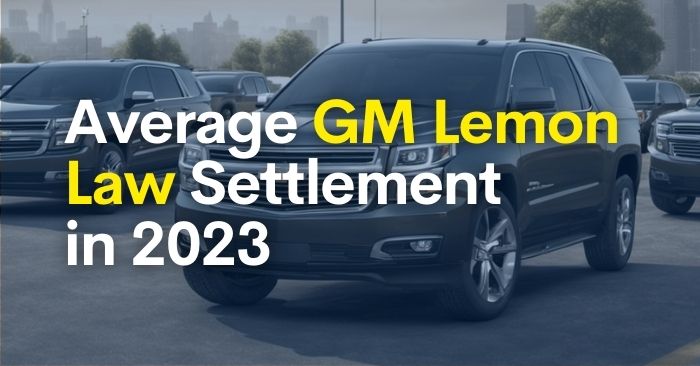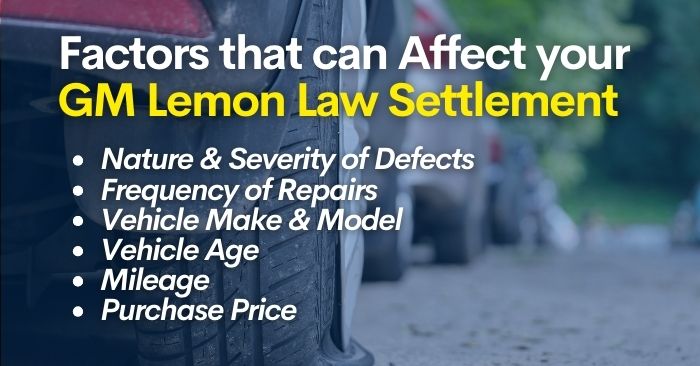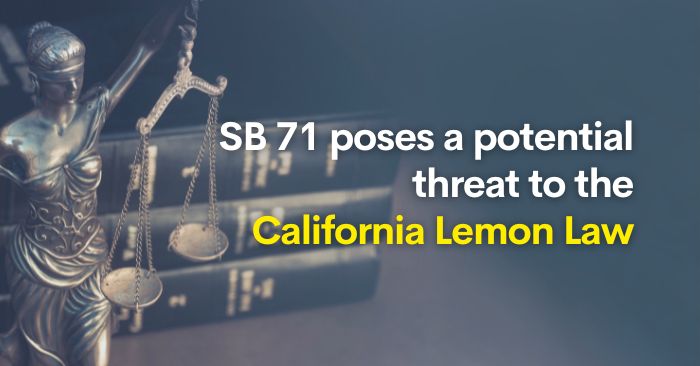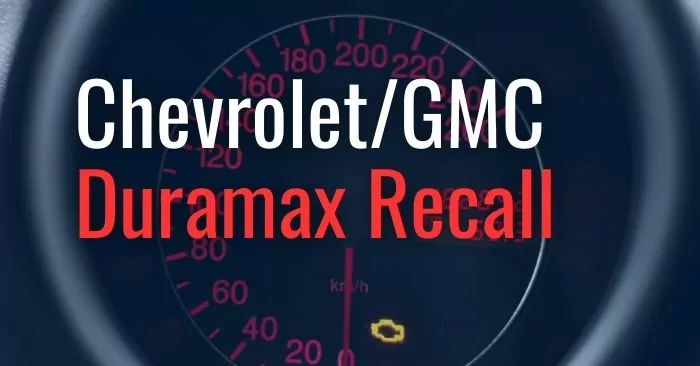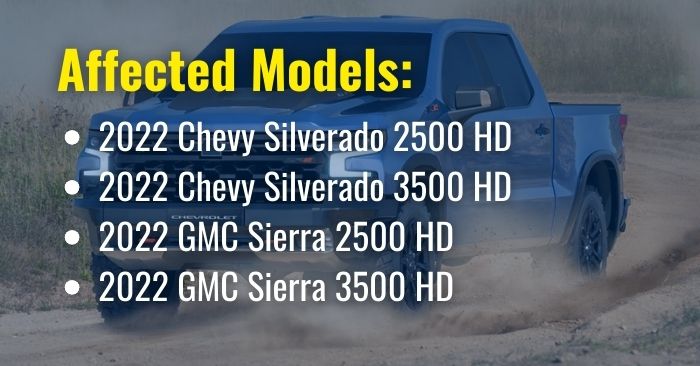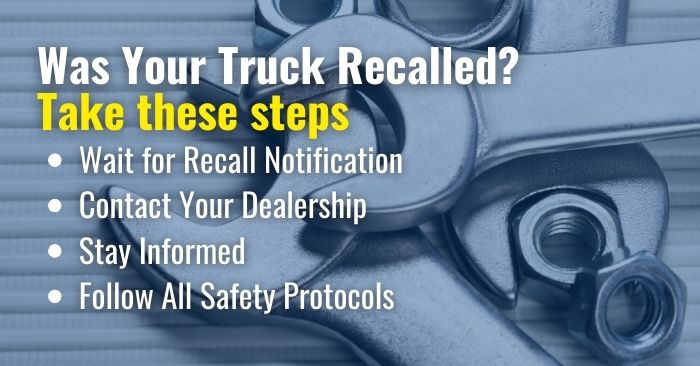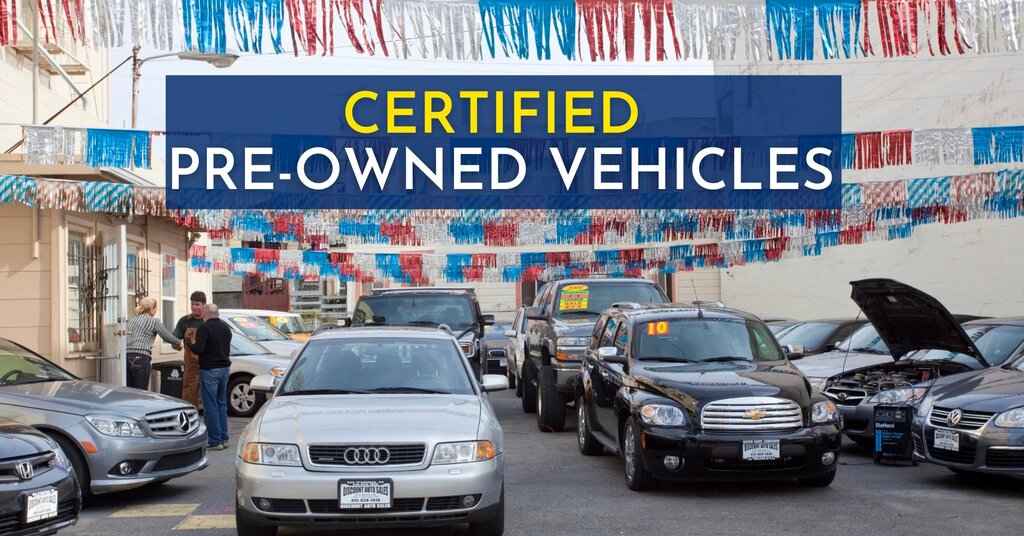When you invest in a Cadillac or other vehicle, you are not just purchasing a vehicle; you are also securing a promise. This promise comes in the form of a warranty, a manufacturer’s assurance that any defects or malfunctions within a specified period will be rectified.
We believe it is essential for Cadillac owners and potential buyers to understand the specifics of their Cadillac factory warranty. This guide aims to provide comprehensive information about what’s covered in a Cadillac manufacturer warranty, what’s not, and how to seek help if needed.
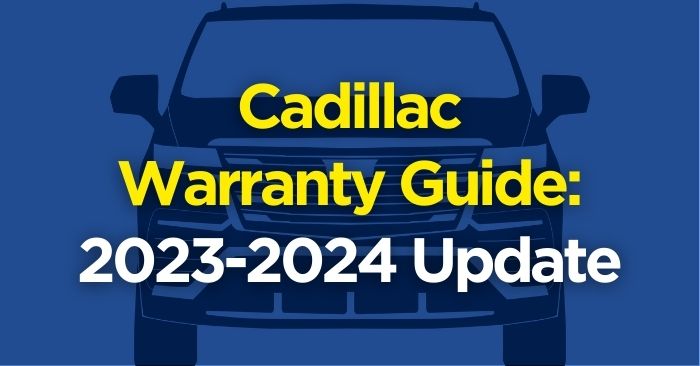
Cadillac New Car Warranty: What’s covered?
Cadillac Bumper to Bumper Warranty
The Cadillac Bumper to Bumper Warranty is a comprehensive coverage that includes repairs (including parts and labor) to correct any vehicle defect. This warranty lasts for 4 years or 50,000 miles, whichever comes first.
Cadillac Powertrain Warranty
The Powertrain Warranty covers the cost of all parts and labor needed to repair a powertrain component: engine, transmission, and drive systems. This warranty lasts for 6 years or 70,000 miles, whichever comes first.
Cadillac Emissions Warranty
Cadillac’s Emissions Warranty covers certain components if found to be defective in materials or workmanship. This warranty is particularly important for California residents, as the state has stringent emissions standards.
Cadillac Corrosion Warranty
This warranty covers body sheet metal panels found to have developed corrosion due to defects in material or workmanship. It lasts for 4 years or 50,000 miles, whichever comes first.
Cadillac Restraint Systems Warranty
This warranty covers restraint systems such as seat belts and airbag systems. It lasts for 6 years or 70,000 miles, whichever comes first.
Cadillac Rust-Through Warranty
This warranty covers any vehicle body sheet metal panel that has rusted through. It lasts for 6 years, regardless of mileage.
Cadillac Electric Vehicle Warranty
This warranty covers components like the battery and electric drive unit for Cadillac’s electric and hybrid vehicles. It lasts for 8 years or 100,000 miles, whichever comes first.
|
Model |
Bumper to Bumper Warranty |
Powertrain Warranty |
Emissions Warranty |
Corrosion Warranty |
Restraint Systems Warranty |
Rust-Through Warranty |
Electric Vehicle Warranty |
|
Escalade |
4 years or 50,000 miles |
6 years or 70,000 miles |
Yes |
4 years or 50,000 miles |
6 years or 70,000 miles |
6 years |
N/A |
|
XT6 |
4 years or 50,000 miles |
6 years or 70,000 miles |
Yes |
4 years or 50,000 miles |
6 years or 70,000 miles |
6 years |
N/A |
|
Lyriq |
4 years or 50,000 miles |
N/A |
Yes |
4 years or 50,000 miles |
6 years or 70,000 miles |
6 years |
8 years or 100,000 miles |
|
XT5 |
4 years or 50,000 miles |
6 years or 70,000 miles |
Yes |
4 years or 50,000 miles |
6 years or 70,000 miles |
6 years |
N/A |
|
XT4 |
4 years or 50,000 miles |
6 years or 70,000 miles |
Yes |
4 years or 50,000 miles |
6 years or 70,000 miles |
6 years |
N/A |
|
CT4 |
4 years or 50,000 miles |
6 years or 70,000 miles |
Yes |
4 years or 50,000 miles |
6 years or 70,000 miles |
6 years |
N/A |
|
CT4-V |
4 years or 50,000 miles |
6 years or 70,000 miles |
Yes |
4 years or 50,000 miles |
6 years or 70,000 miles |
6 years |
N/A |
|
CT4-V Blackwing |
4 years or 50,000 miles |
6 years or 70,000 miles |
Yes |
4 years or 50,000 miles |
6 years or 70,000 miles |
6 years |
N/A |
|
CT5 |
4 years or 50,000 miles |
6 years or 70,000 miles |
Yes |
4 years or 50,000 miles |
6 years or 70,000 miles |
6 years |
N/A |
|
CT5-V |
4 years or 50,000 miles |
6 years or 70,000 miles |
Yes |
4 years or 50,000 miles |
6 years or 70,000 miles |
6 years |
N/A |
|
CT5-V Blackwing |
4 years or 50,000 miles |
6 years or 70,000 miles |
Yes |
4 years or 50,000 miles |
6 years or 70,000 miles |
6 years |
N/A |
What’s covered under the Cadillac CPO Warranty?
The Cadillac Certified Pre-Owned (CPO) Warranty extends the original new car warranty, providing additional coverage for select components. This warranty lasts for 6 years or 100,000 miles from the original in-service date of the vehicle.
What is NOT covered under the Cadillac Manufacturer Warranty?
The Manufacturer Warranty does not cover regular maintenance services and parts, damage due to accidents, misuse, or alterations.
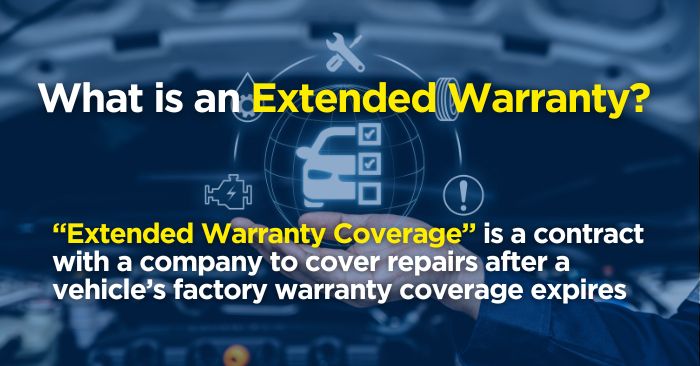
What is Cadillac Extended Warranty Coverage?
The Cadillac Extended Warranty Coverage provides additional protection beyond the standard warranty, covering more parts and systems. This extended coverage can be particularly beneficial for those who plan to keep their vehicle for a longer period.
Cadillac Warranty Phone Number and Customer Service Information
For any questions or concerns regarding your Cadillac warranty, you can reach out to Cadillac’s customer service at their official contact number, which is 1-800-333-4223 for customers inside the U.S. They are ready to assist you with any warranty-related issues.
If you’re on the road and need roadside assistance, you can call 1-800-224-1400 for gas-powered vehicles or 1-844-515-1420 for electric vehicles. Please note that these numbers are available 24 hours a day for your convenience.
Questions about repeat issues under Cadillac’s warranty? Call the Lemon Law Experts!
If you are experiencing repeat issues under Cadillac’s warranty, consider reaching out to the Lemon Law Experts for advice and assistance. Whether it is a recurring engine issue or a faulty electrical system, if your Cadillac is not living up to its promised standards and warranties, the Lemon Law Experts can help.
We offer a free consultation and review of your case, and since our team works on a contingency basis, you do not have to pay any legal fees unless we win your case. If you have questions about your vehicle’s warranty or any other issue, do not hesitate to give us a call to take one major step towards resolving your vehicle problems today.


